Tax inequities abound in this Lower Hudson town; high-end properties don't pay fair share
- Oops!Something went wrong.Please try again later.
On a mountaintop in Garrison, with views of the Hudson River to the west, sprawls a $3-million home purchased last year by Michael Koehler and Deborah Goldstein.
It’s a modern design, with four bedrooms, five bathrooms, and 6,100 square feet of living space, providing plenty of room for Goldstein to socialize with personal coaches from around the world who come to visit.
The couple, who moved there in 2022 from Putnam Valley, pay about $38,000 in property taxes, which Koehler acknowledges is “quite a bit.”
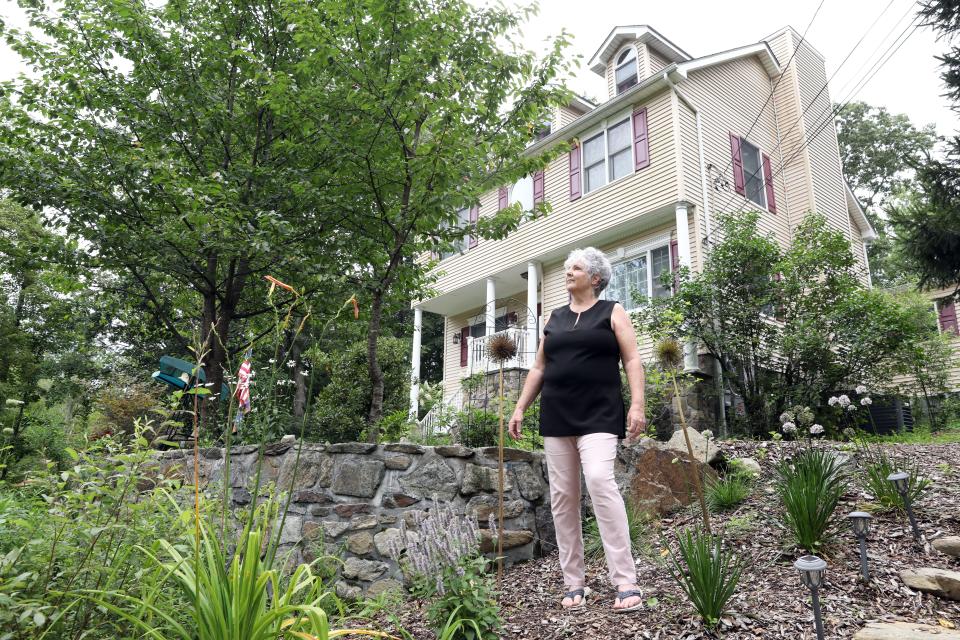
And yet, they are actually getting a very sweet deal on their taxes. Thanks to the town’s longstanding opposition to conducting a revaluation of its property, their taxes are based on a property value of $1.6 million, a discount of close to 50%.
Imagine what they’d pay if their property assessment approached what it should be based upon: its market value. For a property tax system to be fair, owners should receive a tax bill based on a percentage of their market value, and that percentage is supposed to be the same across the board.
But in a town like Philipstown, which has Putnam County’s most outdated assessment rolls, that’s not the case. Philipstown has not conducted a revaluation of its real estate for 27 years, with the last update done in 1996, according to the state Department of Taxation and Finance.
“It’s incredibly unfair,” said Bill Pugh, a Philipstown resident and real estate broker. “The only way to get back to fairness is to do a full revaluation. Everything is so out of kilter.”
Philipstown resident Kathy Kourie, who lives in Continental Village, said it’s time for tax equity in their town.
“I just want the estates to pay their fair share so the tax burden isn’t unfairly placed on the middle class and those who own more modest homes,” she said.
Reval would be expensive, unsettling to some
Unlike 42 other states, New York does not require the periodic revaluation of real estate. That leaves the decision to the discretion of municipal government boards.
Westchester County cities and towns are among the worst in New York state, with 16 of 25 municipalities working off assessment rolls created more than 50 years ago. When revaluations were conducted in recent years, in Mamaroneck, Scarsdale and Greenburgh, many high-end homes saw substantial increases in their assessments and tax bills.
Revaluations in recent years have transferred a chunk of the tax burden off the backs of the owners of modest homes, who are already paying their fair share, onto the sturdy shoulders of the mansion dwellers currently enjoying a tax break.
The issue has mostly flown below the radar in Philipstown, a bastion of the Putnam County Democrats. It's a town that includes the villages of Cold Spring and Nelsonville, and the hamlets of Garrison and Continental Village. With Metro North stations in Garrison and Cold Spring, the town has long been a mecca for Manhattanites looking for an easy commute to their weekend hideaways. The town is flush with homes with expansive views along 10 miles of Hudson River shoreline, as well as exclusive compounds in the hills up both public and private dirt roads.
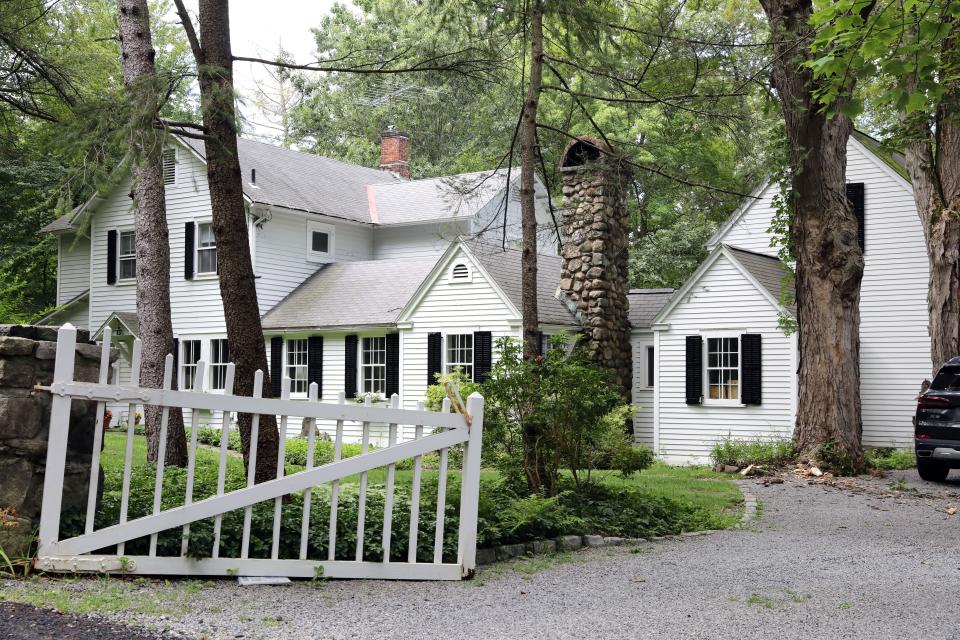
Among Philipstown’s well-housed taxpayers is former Gov. George Pataki, who, with his daughter, Allison, and her husband, own a 30-room Garrison mansion with 14 bedrooms, nine bathrooms and a big swimming pool on 6.5 acres with a view of the Hudson. Newspaper heiress Patty Hearst lives in the historic Italian villa called Rock Lawn on 12 acres in Garrison. Philanthropist Chris Davis, who has donated millions of dollars to the nonprofit organization that's building the Fjord Trail along the Hudson from Cold Spring to Beacon, lives in Garrison.
More: Eastchester, supervisor protect Bronxville, stand strong against revaluation
Town Supervisor John Van Tassel said Philipstown can't afford the tax fairness that comes with revaluation for its 10,000 residents.
"The cost of the reval is a huge part of the town's resistance to updating it," he said Tuesday.
At stake is the allocation of the tax burden for more than $40 million in tax levies — from the town, schools and county — among the owners of 5,161 parcels. Everyone, in theory, would pay taxes based on their parcel's current market value.
The revaluation would cost about $500,000 — at the rate of $100 per parcel that private companies charge municipal governments to conduct such studies. Van Tassel declined to say whether the town had considered bonding the expense so costs could be spread over several years, as some Hudson Valley municipalities have done.
Instead, the all-Democratic Town Board in 2018 asked Assessor Brian Kenney to do an in-house revaluation. But that plan sputtered with his small staff, and the ensuing pandemic.
For now, Kenney said he’s content using the state’s so-called equalization rate, which adjusts outdated assessments with a formula based on recent sales that’s supposed to bring the outdated valuations to market value. State law allows him to boost an assessment when a homeowner pulls a building permit for renovations.
Van Tassel maintained the current system was fair because the town assessor could revise a home's taxable value based on its recent sales price. But Kenney acknowledged that's not allowed. Any taxpayers who believe their assessment is too high can file a grievance with the town's Board of Assessment Review.
Kenney said revaluation would not address what he sees as a more troubling property tax issue in Philipstown: the discrepancy in school-tax rates between the town’s three school districts. It’s $23 per $1,000 in valuation in Garrison, compared to $39 in Haldane and $52 in Lakeland.
Assessments for high-end homes would likely rise
In addition, Kenney doesn’t want to upset the gentry in homes along the Hudson and down private roads in the hills, whose assessments could rise dramatically in a reval. That's what happened in the town of Carmel in 2017, when assessments skyrocketed for high-end homes around Lake Mahopac during that town's first revaluation in 16 years.
“Equalization is certainly not perfect, but for the majority of properties, it does somewhat reflect valid market values,” said Kenney, who also serves as Orangetown’s assessor. “Revaluation is expensive, causes angst to our taxpayers, and doesn’t solve the tax issue, especially for the bulk of the burden of school taxes.”
Warren Wheeler, executive director of the New York State Assessors Association, said the equalization rate relies on the average of recent sales to determine how much values went up or down in that municipality. Like any average, there will be properties at either end of the scale. He said that when you add in the price volatility that came with the COVID pandemic, it becomes more difficult for the rate to keep pace with rising prices.
He acknowledged that the state rate “was not perfect.”
Scarsdale's 2014 revaluation: High-end homes hit hardest
Wheeler said a town-wide revaluation, done on a regular basis, is the best way to ensure tax fairness.
“It can take into account the fluctuations in the market from year to year,” he said. “Everyone gets treated the same.”
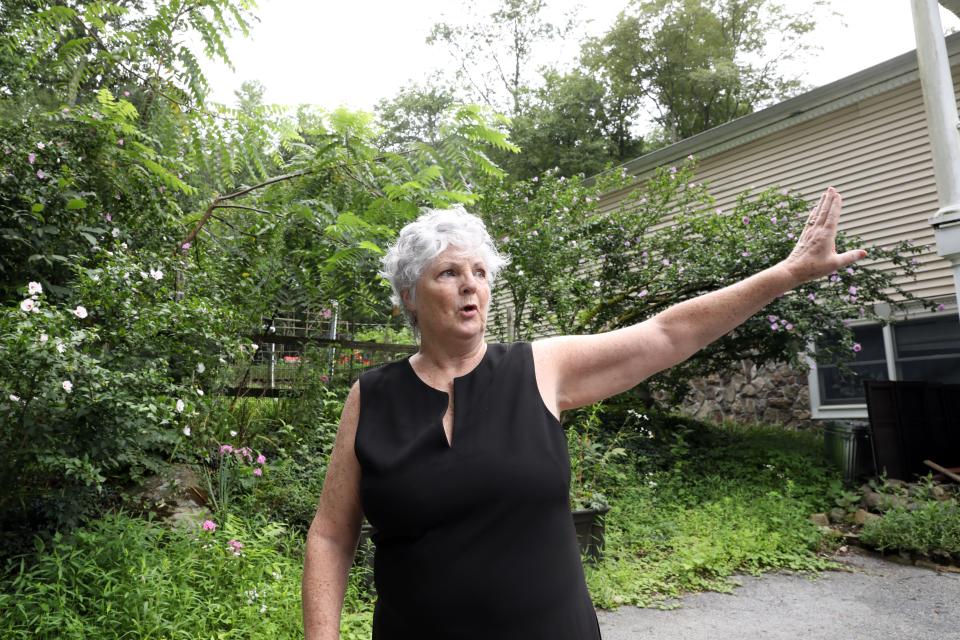
Inequities found in analysis of 175 sales
A Tax Watch analysis of 175 real estate transactions over 18 months — from September 2021 through March 2023 — provides of snapshot of how well the equalization rate in Philipstown has addressed the rapid escalation in property values on homes that changed hands.
The analysis compared the sales prices — the definition of market value — to the market values reached with the equalization rate formula. In a perfect world, the market values would approximate the sales values.
The analysis found otherwise. Among the 30 highest-priced sales, from $1 million to $5.7 million, the properties were valued at 77% of their sales values. Among all 63 sales over $800,000, homes were valued at 81% of their sales prices.
Drop down to the bottom 30 sales, up to $490,000, and they are valued at 108% of their sales value. The bottom 63, up to $580,000, are valued at 102% of their sales prices.
This means that those taxpayers at the low-end of the spectrum are subsidizing those on the top-end because they are paying taxes based on a higher percentage of their market values.
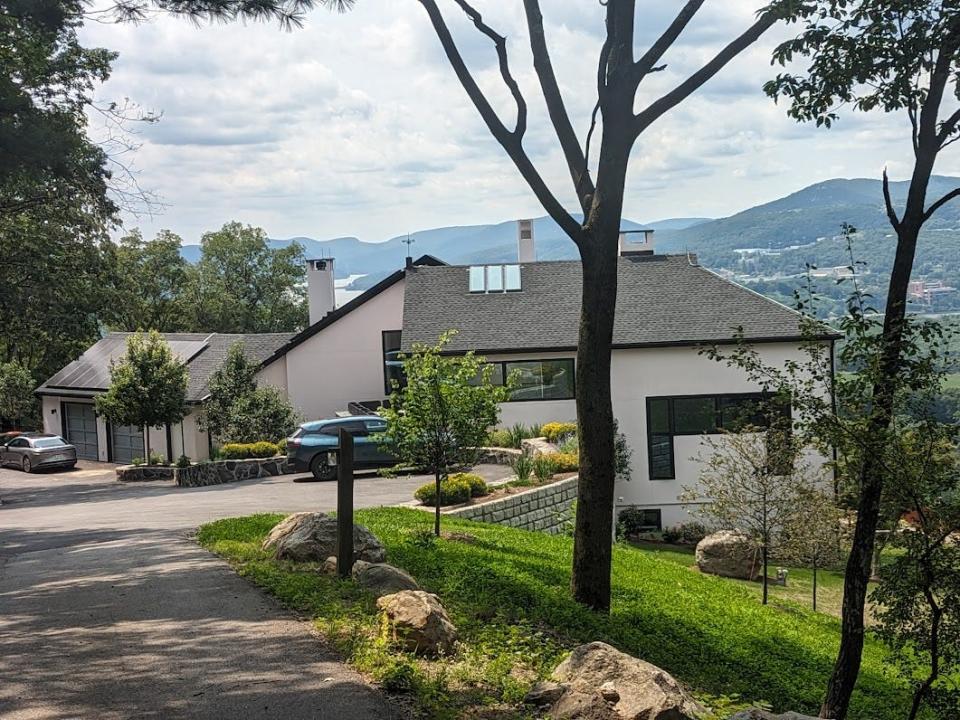
The disparities are dramatic.
At 20 Windy Ridge, on a Garrison hilltop looking west, a home that sold for $5.7 million in May 2022 is taxed at a value of $3 million.
A 13-bedroom home at 20 Forest Farms Road in Garrison, which sold for $3.5 million in September 2021, is taxed at a value of $2.1 million.
A home at 301 Lane Gate Road, which sold for $2 million in April 2022, is taxed at a value of $1 million.
Pataki's property likely under-assessed
Town Board member Jason Angell, who spoke about tax justice during his campaign in 2021, said the Tax Watch analysis provided a snapshot in time that should lead to a broader inquiry into the town’s assessment practices.
“Tax burdens should be fair or else you lose faith in any level of government,” said Angell, a former public policy analyst who grows vegetables at his Longhaul Farm in Garrison. “I can’t live in a community where it's OK for low-income households to subsidize the very well-off households.”
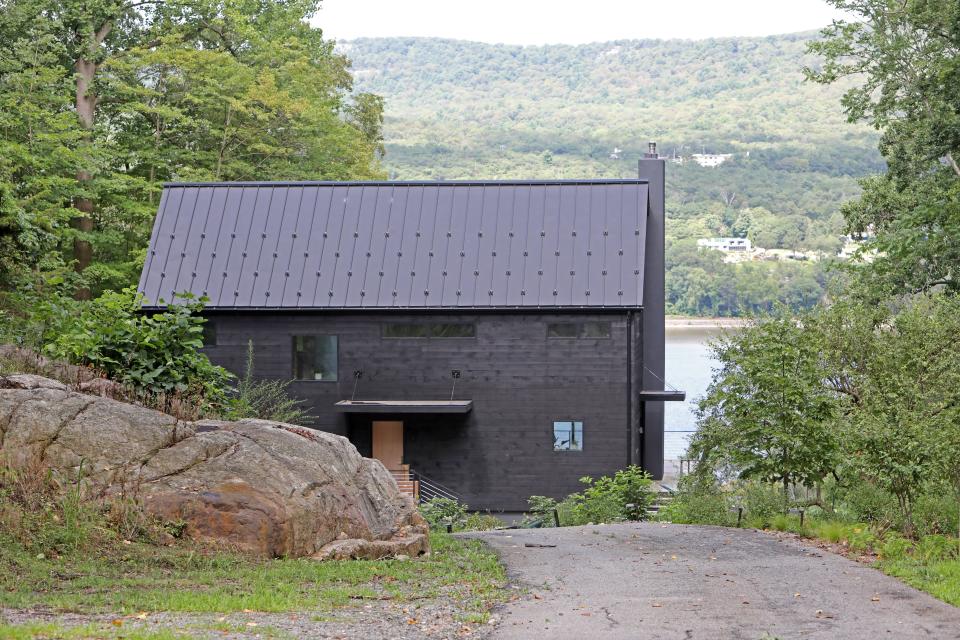
A closer look at the home of former Governor Pataki is revealing.
Real estate broker Pugh, who said he visited the Pataki estate about five years ago, recalled that the house, with 10,000 square feet of living space, has great views but was in need some landscaping and exterior maintenance. In the summer of 2016, the Patakis rented the place for $20,000 a month.

Pugh said homes on this scale in Garrison sell for between $600 and $1,500 a square foot. He predicted the house would sell for at least $6 million — more than twice its taxable valuation of $2.6 million.
“It would likely go on the market around $7 million to $10 million, depending on condition, appeal and sales time-frame, and would likely take a while to sell,” he said. “I would be surprised if it did not sell for at least $6 million.”
Calls and emails to Pataki were not returned.
More: Roger Ailes withdraws $500K senior center donation after outcry
Under New York tax law, an assessor is not allowed to raise a property’s valuation based on the sales price, unless the municipality keeps its assessments at 100% of market value, as occurs in four of Putnam County’s six municipalities.
If a municipality, like Philipstown, uses the equalization rate, then any increase in assessed value can only occur with a change in the rate, or the value added to a property if a homeowner takes out a building permit for renovations.
In the case of Pataki’s house, Kenny said if it sold for $5 million, he would expect major renovations to follow in subsequent years, so its valuation could rise if future investments were made. He said Pataki’s current assessment is in line with other top-end Philipstown estates.
“If that did sell for say, $5 million or so, chances are a new owner with that kind of money would put another $1 million into it and it would be revisited for a going-forward assessment,” Kenny said. “Based on purely assessment comparisons, he’s up there with other like properties.”
Sign up for Wilson's weekly newsletter for insights into his Tax Watch columns.
David McKay Wilson writes about tax issues and government accountability. Follow him on Twitter @davidmckay415 or email him at dwilson3@lohud.com.
This article originally appeared on Rockland/Westchester Journal News: Philipstown NY taxes not equitable with no revaluation

